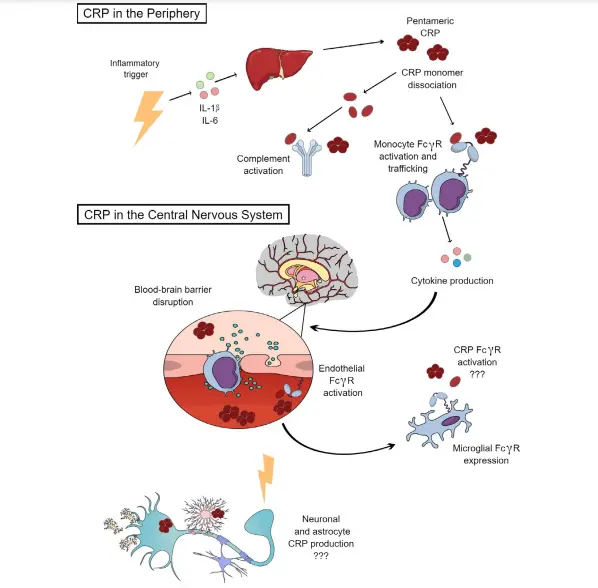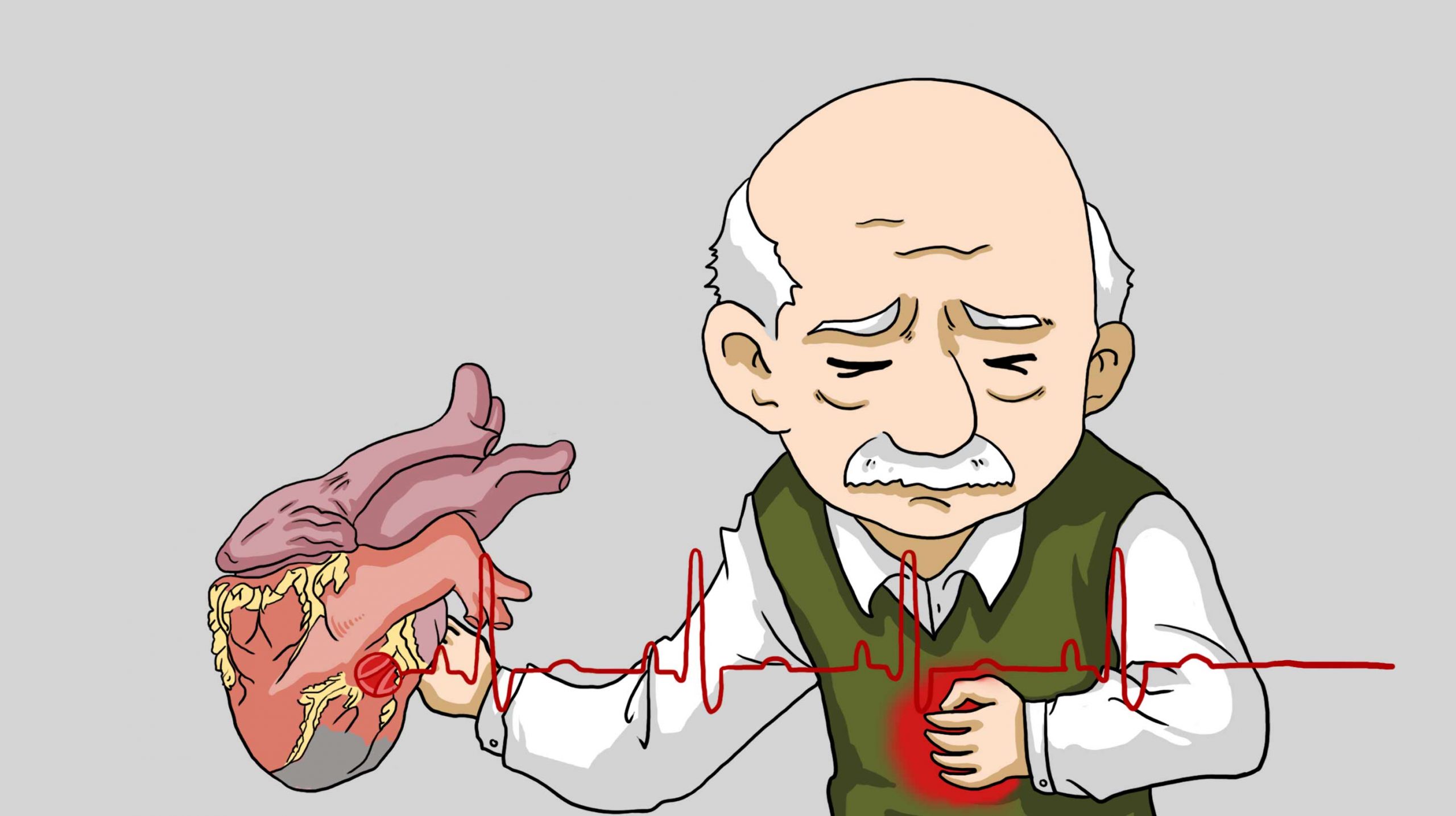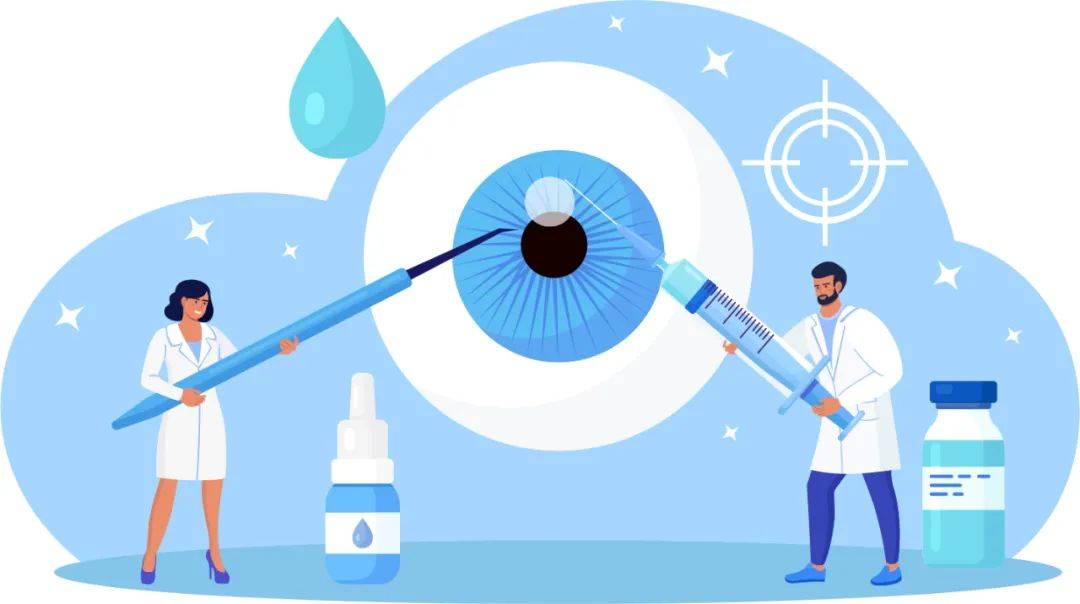Toothache turns out to be a “heartache”! These 5 types of toothaches are mostly heart related

Many people are unaware that teeth and the heart are inextricably linked.An expert consensus published in the Journal of Dental Medicine, “Expert Consensus on Risk Prevention in Oral Health Care for Patients with Cardiovascular Diseases (2022 Edition)”, states 2 close links between teeth and the heart.1. unexplained toothache to be alert for heart disease.2. dental health can improve the postoperative prognosis of cardiovascular surgery in patients with cardiovascular disease.How exactly are teeth linked to the heart?
Point 1 The first Heart “pain” is understood by the teeth.
Heart disease means that the heart is broken.
But the heart has no sensory nerves, so in human terms the heart does not feel “pain”.
But the human body is amazing, and if the heart is broken, it must transmit the message of pain.
The heart sends a special signal to the spinal cord centre, which then reflects the pain in the area of the body surface innervated by that spinal cord segment.
If the spinal cord segment innervating the sensation in the lower jaw or teeth receives a pain signal, the patient will feel a pain in the lower jaw or lower teeth.
The toothache thus serves as an indicator of heart disease, and is medically known as a “cardiac toothache”.
A cardiac toothache is an atypical manifestation of heart disease.
However, according to surveys, about 20% of patients with myocardial infarction or angina pectoris have toothache or jaw pain as their first symptom.
Point 2 The Second These 5 types of toothache have their roots in the heart.
1. Severe and sudden toothache.
especially jaw pain and lower toothache, but without obvious dental disease.
2. The location of the toothache is not precise.
pain is often felt in several teeth, whereas the corresponding site of the diseased tooth can usually be found for dental disease.
3. Combination of other pains.
Toothache combined with chest or shoulder pain.
4. Traditional oral pain relief methods are ineffective.
Toothache induced by exertion, emotional stress, exercise and other factors can be relieved by rest or nitroglycerin, but dental treatments such as painkillers, local closure of the mouth and tooth extraction cannot reduce the pain.
5. Toothache sufferers have a history of three high levels of disease.
If the patient has a history of hypertension or diabetes, toothache may be a precursor to angina or myocardial infarction. If toothache persists without relief and is accompanied by chest pain, be alert to myocardial infarction and seek medical attention as soon as possible.
The Third Point.
-The Third These diseases can also cause toothache.
Apart from heart disease, toothache is also a warning sign of the following diseases!
1 Trigeminal neuralgia.
Trigeminal neuralgia, known as the “number one pain in the world”, is often accompanied by a toothache, so it can easily be mistaken for a dental attack.
However, like cardiac toothache, trigeminal neuralgia also has its own characteristics.
Firstly, the location of the pain is unclear and it is not possible to find out exactly which tooth is hurting.
Secondly, there are recurrent attacks, but the pain is short (lasting only a few seconds to tens of seconds).
Finally the pain does not have any excess, it comes and goes, and is noticeable during the day.
2 Temporomandibular joint disorder
This disease is heard of by few people, but is actually very common.
One in ten people may be suffering from this disorder.
The typical clinical symptoms are restricted mouth opening, muscle tenderness and joint popping, which can easily be mistaken for a toothache.
3 Acute maxillary sinusitis.
The main manifestation of acute maxillary sinusitis is still focused on the nasal cavity.
However, as the nose is right above the mouth, if the condition is severe, it can naturally involve the surrounding areas and cause other pains including toothache.
Toothache in acute maxillary sinusitis is characterised by tooth percussion pain, meaning that abnormal pain occurs when the teeth are tapped.
If you are experiencing nasal discomfort along with a toothache, seek medical attention as soon as possible.As you can see, a toothache does not mean oral disease, let alone something as simple as tooth decay.It is up to the doctor to find the root cause of the toothache.If you have a toothache often, see a doctor!



